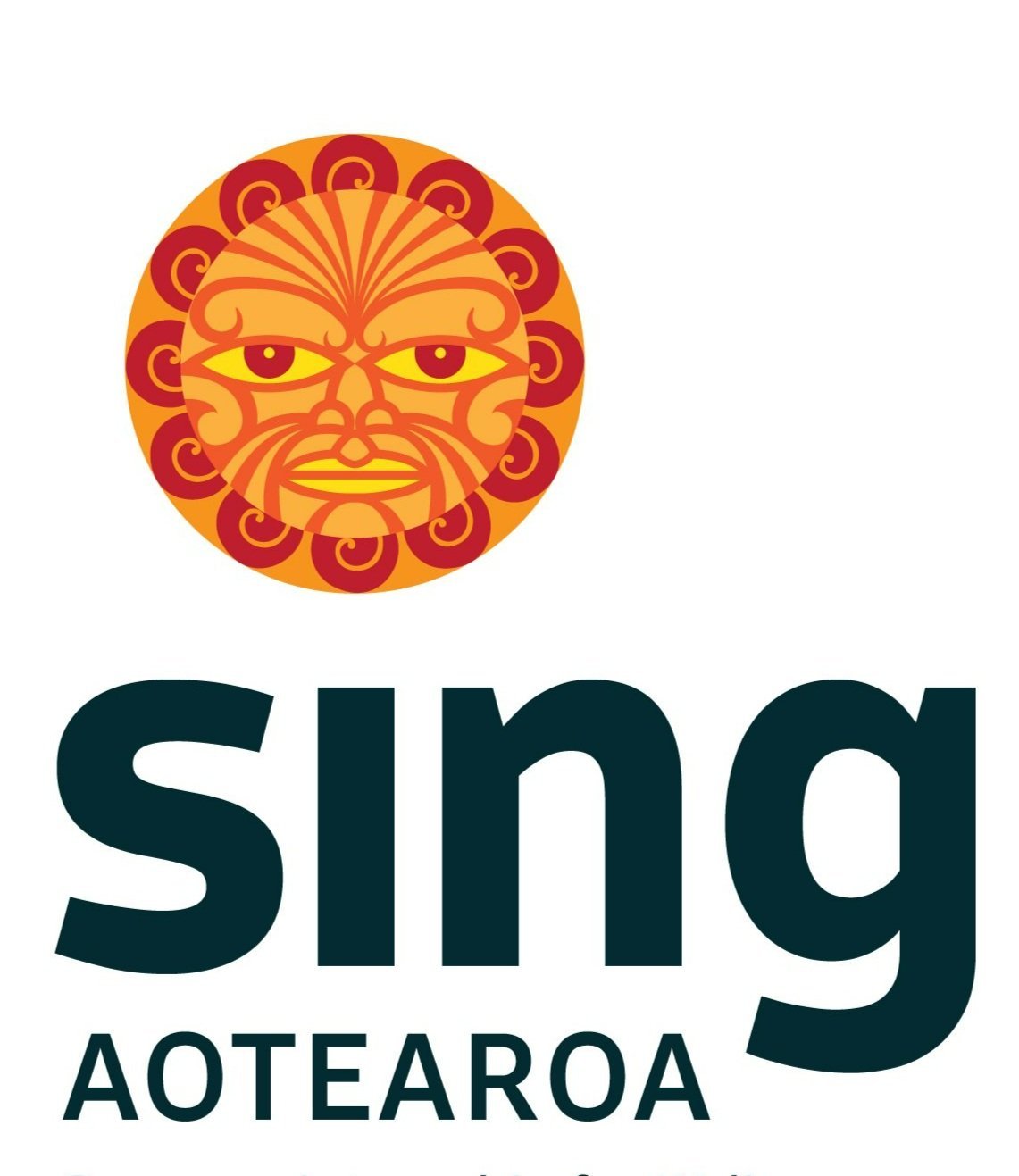TTA x Pūrangakura Kawenata signing for new research kaupapa
On Tuesday 12 August 2025, Tūhourangi Tribal Authority joined seven kāinga from around the motu and Pūrangakura at Te Noho Kotahitanga Marae, Mt Albert, Tāmaki Makaurau to officially mark the beginning of a new rangahau kaupapa based on supporting kāinga aspirations for wai restoration and community wellbeing.
Te Maiora Rurehe (Pou Whakahaere Taiao, Environmental Manager) and Hana Tapiata (Kāinga Based Researcher) travelled up to Tāmaki Makaurau on behalf of TTA and shared some initial kōrero about their relationship with the various wai in our rohe and some of the challenges faced by our people throughout history to the current day.
This kaupapa commenced in early 2025 and will continue until the end of 2028. Wānanga and hui will be held with our whānau in due course, please ensure you are subscribed to our email list and following our social media channels to keep up to date.
“Guide Maggie” to posthumously receive Oxford degree
Kāore te aroha ki tō tātau kōkara
Unceasing is the love we have for our mother
The groundbreaking work of one of Rotorua’s most celebrated guides is being recognised nearly a century after her death, with the University of Oxford posthumously awarding a Masters of Philosophy in Anthropology to Mākereti Papakura – also known as Guide Maggie.
Mākereti Papakura (Tūhourangi, Te Arawa) was born in Matatā in 1873, moving to Te Whakarewarewa Valley after secondary school and eventually training to be a guide under Guide Sophia Hinerangi.
International media attention came when she hosted the high-profile visit of the Duke and Duchess of Cornwall (late King George V and Queen Mary) at Te Whakarewarewa in 1901.
After touring a musical group to Sydney and then London, Mākereti moved to England before World War I, and commenced studies in anthropology at Oxford in 1922. She is still believed to be the first indigenous women to study at the University.
Mākereti died suddenly in April 1930, just a few weeks before she was due to present her thesis. Whānau members and scholars have advocated for her degree to be awarded ever since. The degree will be awarded at a special ceremony at Oxford at the end of September.
Tūhourangi Tribal Authority Chair, Kirikowhai Mikaere, says the announcement is a thrilling development.
“Like many others of her time, Mākereti’s mahi here at home and around the world has long been an inspiration to our people.
“No matter where she went or what she did, Mākereti was always conscious of her whakapapa and responsibilities to Tūhourangi, immortalising our culture and traditions – from a wāhine perspective – through her research.
“To see her work finally recognised in this way is hugely significant for Tūhourangi and Aotearoa, and is an enormous credit to her whānau and so many others who have advocated on her behalf over the past 95 years,” Ms Mikaere says.
“Even nearly 100 years on from her sudden passing, Mākereti continues to remind us of the strength and determination of our people, and the contributions we make in the world, every day.”
A new Tūhourangi pharmacist in the making
Over the weekend, Pounamu Keepa (Tūhourangi, Ngāruahine, Te Aitanga a Māhaki, Ngāti Kahungunu) attended the Ngā Kaitiaki o Te Puna Rongoā o Aotearoa (Māori Pharmacists Association) Symposium here in Rotorua, at Ōwhata Marae.
This year marked the 20th birthday of this rōpū, set up to manaaki and support Māori students studying pharmacy at university as well as those who enter into the workforce as kaimahi in hapori around Aotearoa and the world.
Pounamu is in his 4th and final year of studying towards a Bachelor of Pharmacy at Otago University. Having Ngā Kaitiaki, as well as the Māori Students Association and Māori support programmes at Otago throughout his years of study have been instrumental in him navigating this haerenga and graduating at the end of this year. The free kai and tutoring from the Māori centre have been a big help too, according to Pounamu.
When he first entered into his studies, Pounamu was one of 6 Māori in the pharmacy programme compared to the 10-12 first year students in 2023. A testament to Ngā Kaitiaki, the support for Māori students at their universities, scholarships provided by iwi and other rōpū, Kia Ora Hauora and other initiatives encouraging Māori into healthcare pathways, and of course whānau encouragement and tautoko.
“We can make a difference for our people” is the driver for many Māori students as they embark on their studies, and Pounamu is no exception. He looks to finish strong in his final year, to graduate later on at the end of 2023, then take up an internship in February 2024.
E poho kererū ana tō iwi, e Pounamu!
Auahi ana!
PhD Opportunities: Fish Futures
Fish Futures have three PhD opportunities to share with whānau who may be interested in the positions.
The scholarships are part of a large multi-disciplinary research project ‘Fish Futures: reimagining freshwater ecosystem management in Aotearoa’.
Click on the links below to learn more and to apply.
Summer Internship: Genomics
There are 20 fully funded internship positions available with SING Aotearoa. Applications close 11 November 2022.
What is it?
The SING Aotearoa internship programme is a week-long residential programme that provides participants with knowledge and experience in wet-labs (biological samples, DNA), dry labs (computer analysis, biostatistics) and simulation labs (cultural and ethical scenarios). SING2023 will be held in Kirikiriroa from 23rd–27th of January 2023. We do require those living out of Kirikiriroa to travel on Rātapu (Sunday) the 22nd.
Participants who are accepted into the programme are expected to remain in the programme for the entire week.
The SING Aotearoa programme is designed to develop indigenous understanding of genomics alongside some of the best researchers in New Zealand and the world. The keystone event is a week-long internship wānanga programme providing participants with knowledge and experience in wet-labs (biological samples, DNA), dry labs (computer analysis, biostatistics) and simulation labs (cultural and ethical scenarios).
Significant advances in the fields of genetics and genomics sees an increasing focus on Māori populations and indigenous species. Research conducted in Aotearoa New Zealand should involve consultation with Iwi Māori and it is important Māori understand the technical, ethical and cultural issues when engaging with researchers in these projects.
Please click for here to apply.






